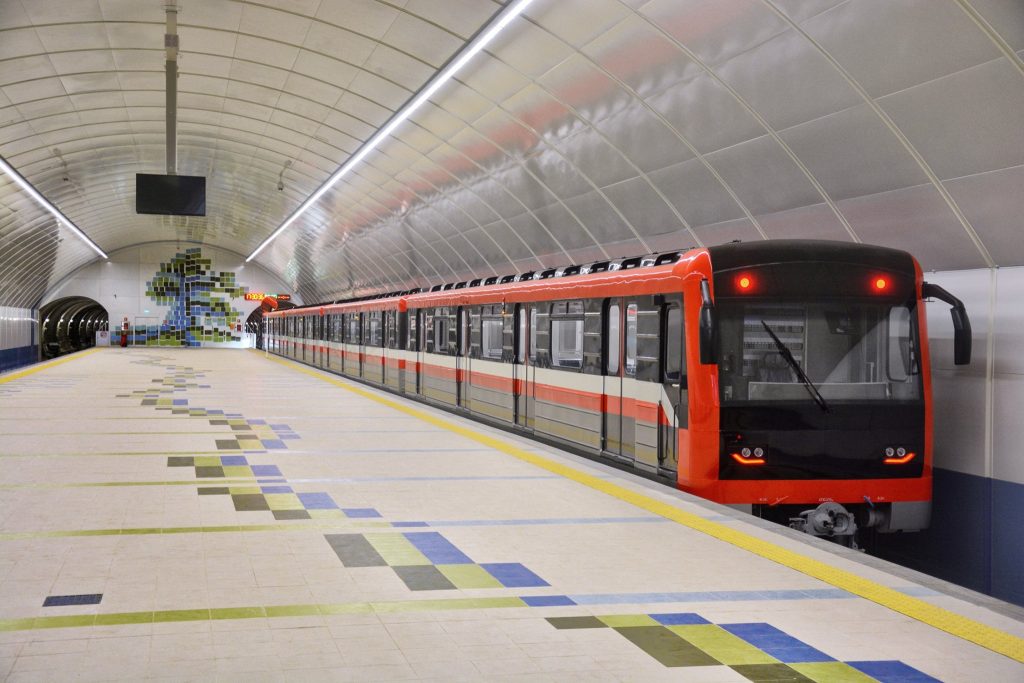 The European Bank for Reconstruction and Development (EBRD) will provide a loan of up to EUR 50 million for Tbilisi metro system.
The European Bank for Reconstruction and Development (EBRD) will provide a loan of up to EUR 50 million for Tbilisi metro system.
The financing will be used by the Tbilisi Transport Company to upgrade and rehabilitate 10 metro stations.
In October, the mayor Kakha Kaladze has announced that Tbilisi metro stations will be modernised and adapted for passengers with reduced mobility with financial support from international financial institutions, including the EBRD.
A USD 25 million project is expected to be completed covering the construction of the second entrance at Akhmeteli Theatre station and works are expected to begin for the modernisaion of the stations.
In 2020, EUR 75 million loans have been provided to Tbilisi for the modernisation of the metro network. The EBRD committed to deliver a EUR 65 million financing while EUR 10 million are covered by the Green Climate Fund (GCF). The loans will support the modernisation of Tbilisi metro system including the procurement of 10 four-car metro trains estimated at USD 50 million.
The project is part of a broader programme aiming to assist the city in reforming its management of public transport by financing the renewal of bus and metro systems, and network restructuring. It is implemented under the Green Cities 2 (GrCF2) initiative and is a follow-on investment to the Tbilisi Green City Action Plan (GCAP) making the second city to benefit under this EBRD programme.
Under the GrCF2, the EBRD will put further emphasis on implementation of GCAPs, with at least half of all sub-investments expected to be follow-on transactions addressing critical environmental challenges identified by the GCAPs. Tbilisi was one of the first three cities to join EBRD Green Cities and one of the first to complete a GCAP. As of today, the City is actively implementing more than 89 per cent of measures from its GCAP with both EBRD support and its own funds. The plan includes measures to improve areas such as water and wastewater services, solid waste management, energy, local industry development, the resilience of buildings, and energy efficiency, as well as transport. As a result, the implementation of the total GCAP is expected to reduce CO2 emissions by around 450,000 tonnes per year and to save around 55 million m3 of water per year.
Share on:



